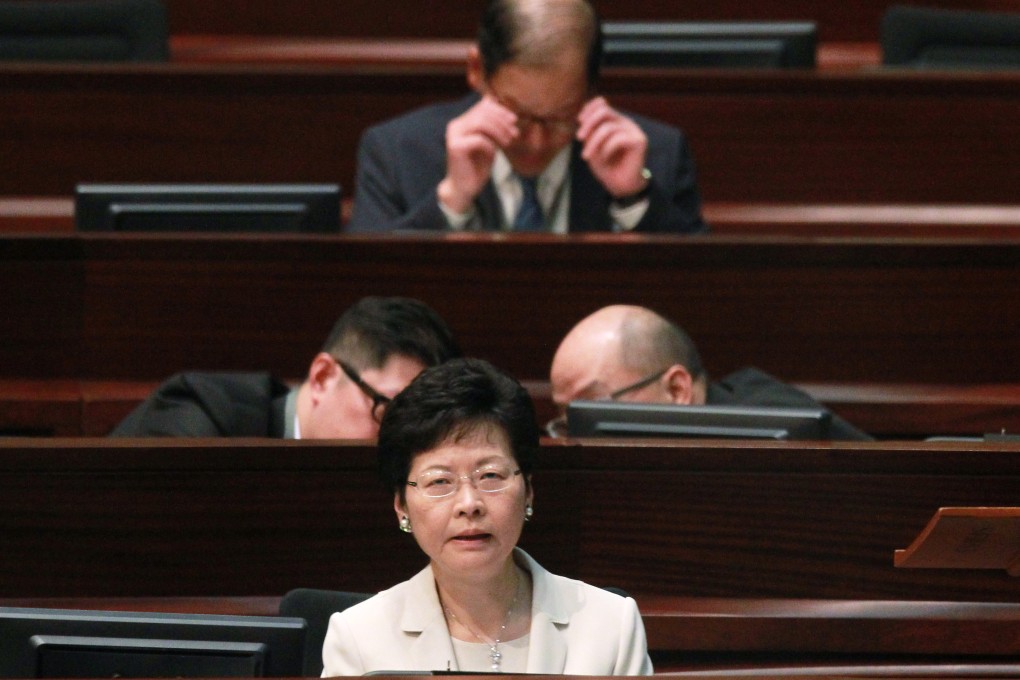Reform failure should prod Hong Kong leaders to step up as defenders of our autonomy
Michael Davis says the political reform debacle underlines government officials' poor job of defending our interests: a lack of genuine choice is unacceptable

A lot of recent attention has focused on Hong Kong pan-democrats and what they should do after their failed attempt to secure democracy. This attention might be better focused on the Beijing and Hong Kong governments. Last week's Legislative Council vote was a disastrous end to a nearly two-year campaign to push through alleged democratic reform. Soul-searching by our top officials is clearly needed.
While opinion polls seemed to suggest equal support for and opposition to the bill, in fact, supporters often acknowledged that the proposal was flawed. Their support was often based on the premise of future changes - hardly a resounding endorsement if this is not a realistic possibility. Given the level of foot-dragging over democratic reform in the past 17 years, one would have to be pretty gullible to expect further significant reform to institute genuine democratic elections.
Rather, public support for the bill was probably based on the intimidation factor; many were prepared to accept an undemocratic model to avoid further contention. But what is the source of this contention? Laying the blame at the feet of protesters hardly seems fair. The protests were driven by the efforts to block genuine reform. Beijing, in its white paper and its August 31 decision, clearly aimed to block pan-democrats from being presented to voters.
Official distrust of Hong Kong voters is evident. However, officials should have considered that sensible voters would hardly want to squander their vote on a chief executive only committed to making trouble for Beijing. Rather, a democratically elected chief executive should represent Hong Kong interests and defend its autonomy as part of the job.
The failure of the current Hong Kong government to find its voice in its relations with Beijing is surely among the chief reasons that the public has long demanded democratic reform. There is a perception that our local officials and pro-Beijing elite only represent and articulate Beijing requirements but seemingly fail to help Beijing better understand Hong Kong concerns. The August 31 decision clearly backfired. Rather than putting in place a model for cooperative local governance, it agitated much of civil society against Beijing interference.
It seems when the government fails to defend Hong Kong's autonomy, the people will. This was evident over Article 23 and patriotic education. Under this model, the government puts forth Beijing initiatives, the people take to the street to object and the government hopefully backs down. The resultant government by crisis is surely not optimal.